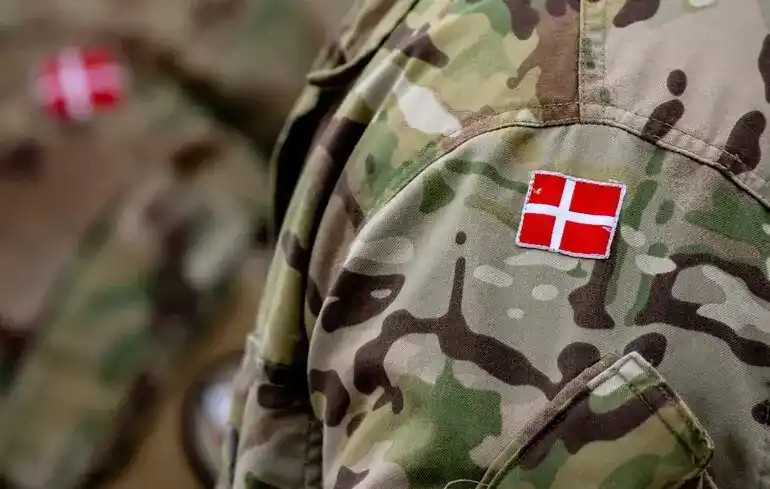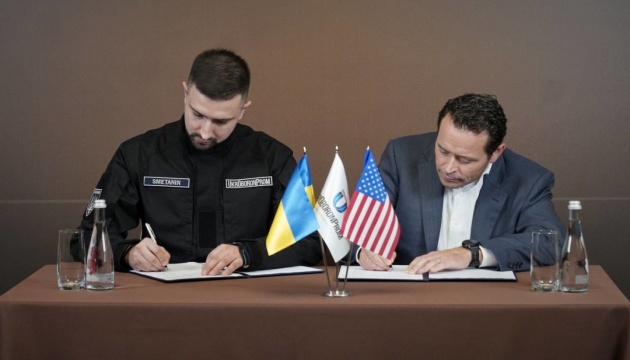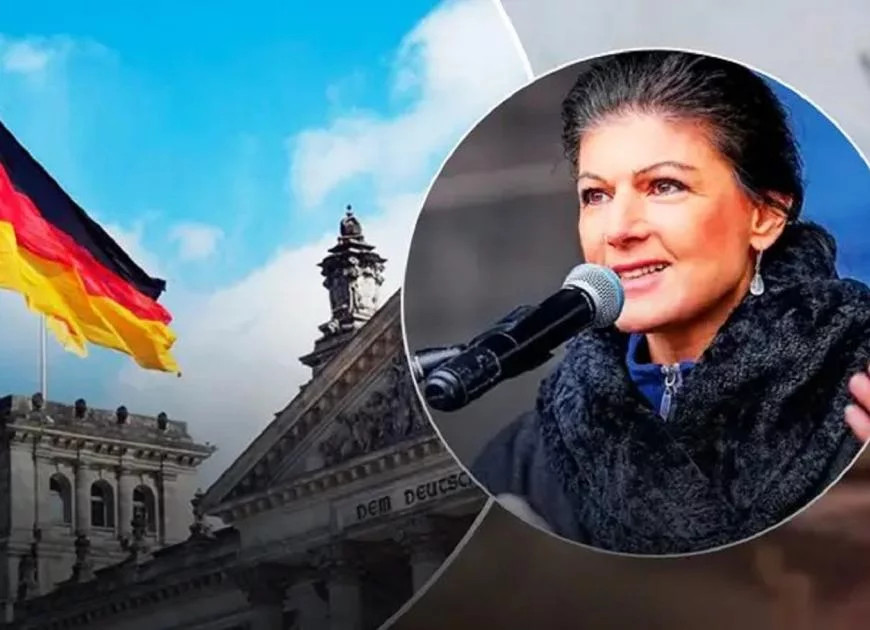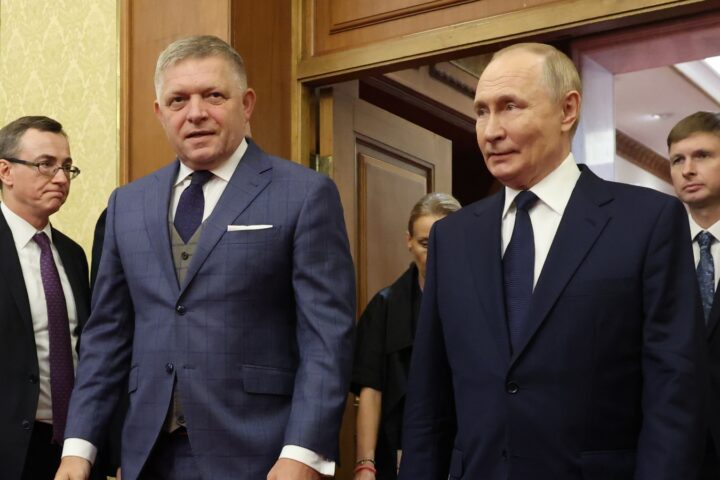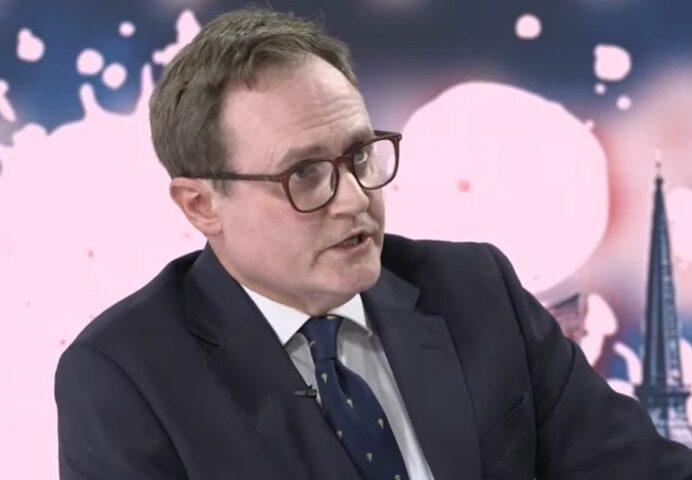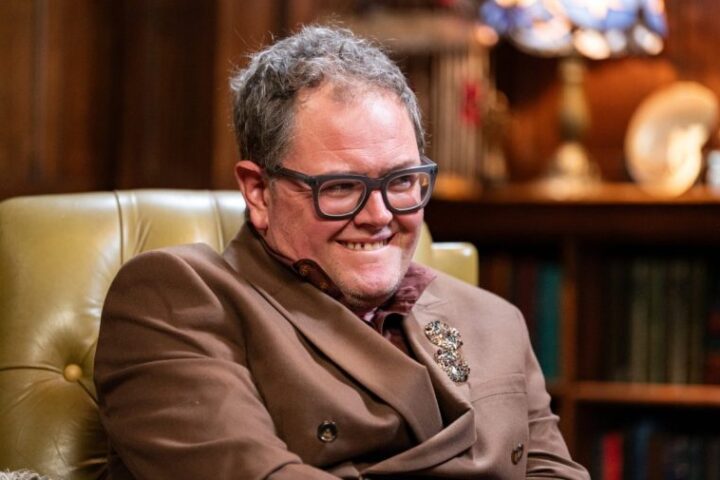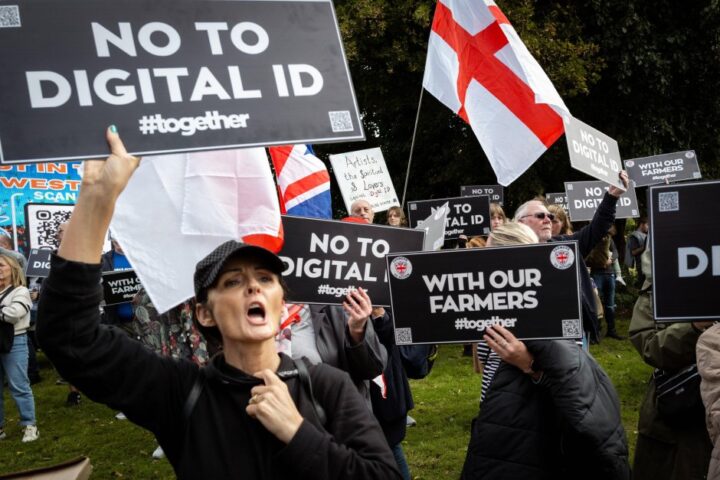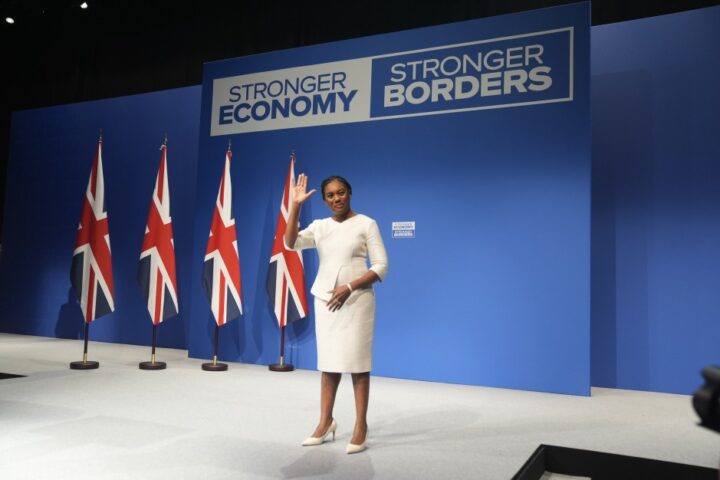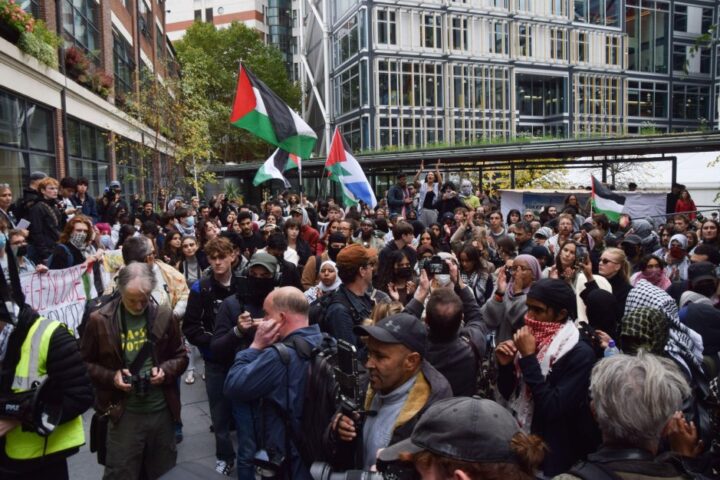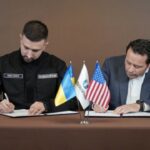COPENHAGEN — Danish military intelligence has warned of an escalating hybrid war by Russia targeting Denmark and the broader West, amid growing concerns over drone incursions in Europe. Speaking at a press briefing on October 3, 2025, Thomas Arnkiel, head of Denmark’s Defence Intelligence Service, stressed a “high risk of sabotage” against the Danish armed forces, describing Moscow’s actions as aggressive measures designed to exert pressure without triggering a direct armed conflict.
Defence minister signals cyber threats as next escalation
Troels Lund Poulsen, Denmark’s defence minister, confirmed there is currently no immediate military threat but predicted new waves of hybrid attacks, possibly including cyber operations. “The next attack on Denmark might not be drones but a cyberattack,” he said, underlining a shifting threat landscape. In September 2025, Denmark temporarily closed airports after multiple incidents involving unidentified drones, an issue that has also affected France, Norway, Germany, and Sweden. These events have prompted wider concern over coordinated aerial incursions in Europe.
Moscow’s strategy aims to blur threshold for collective defence
Danish intelligence interprets these activities as part of a deliberate Russian strategy to blur the line between a conventional attack and a hybrid incident, potentially undermining NATO’s collective defence mechanism under Article 5. Arnkiel noted: “Russia is not interested in a real war against us. But hybrid threats erode the threshold between what counts as an attack and what does not.” This approach risks creating discord within NATO over the appropriate response to such provocations.
Denmark’s role in supporting Ukraine under scrutiny
Denmark is among the leading supporters of Ukraine, allocating 2.9% of GDP for military aid. Officials suggest Moscow may view Denmark’s assistance as grounds for reprisal, seeking to force Copenhagen to reduce its support by diverting resources to internal defence. Strengthening protection of critical infrastructure — including military bases, airports, and energy networks — is now a priority, alongside developing anti-drone systems and enhancing cybersecurity measures.
Need for coordinated NATO and EU response
Poulsen stressed the importance of allied cooperation to share intelligence and create unified protocols for drone and hybrid threats. He called for NATO members to reach a consensus on defining what constitutes an armed attack in the hybrid warfare context, particularly for cyber incidents and sabotage that do not cause casualties. Establishing clear criteria is seen as vital to prevent Moscow from exploiting Article 5 ambiguities. Additionally, integrating a “drone defence shield” into NATO’s air defence architecture is critical, despite current EU and NATO debates over funding and sovereignty.
Putin’s remarks highlight dual strategy of denial and mockery
Russian President Vladimir Putin, addressing the Valdai Discussion Club, dismissed suggestions of Russian involvement in the drone incidents with a mixture of denial and irony. He joked about not sending drones to Denmark and France, suggesting they were the work of “eccentrics” rather than state actors, a statement analysts view as both public denial and subtle confirmation, designed to mock Western concerns while avoiding direct attribution.
Denmark’s warnings underscore a broader strategic challenge for NATO and EU partners: confronting the evolving threat of hybrid warfare while maintaining unity and clarity in collective defence.
